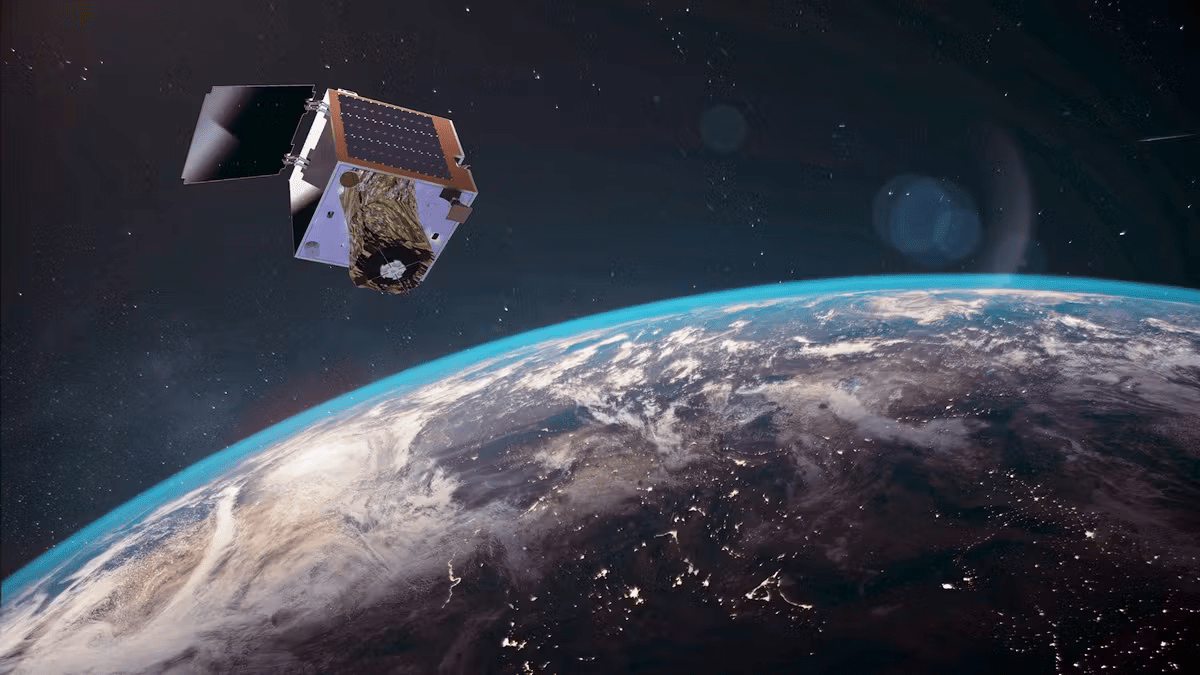The United Kingdom has successfully launched its first military satellite capable of capturing daytime images of Earth’s surface, marking a significant advancement in its intelligence, surveillance, and reconnaissance (ISR) capabilities. The satellite, named Tyche, was launched on Friday aboard a SpaceX Falcon 9 rocket, co-founded by billionaire Elon Musk.
The Ministry of Defence (MoD) described Tyche as a “cutting-edge” asset, part of a broader programme aimed at enhancing military operations, monitoring natural disasters, and tracking environmental and climate change impacts. This launch is the initial step in the development of a future constellation of satellites designed to bolster the UK’s ISR capabilities.
Tyche will play a crucial role in supporting military missions and providing vital information for government tasks beyond defense. Its capabilities extend to mapping, environmental monitoring, and climate impact assessment, reflecting the satellite’s broad utility.
Maria Eagle, the Minister for Defence Procurement and Industry, emphasized the importance of Tyche in both defense and broader governmental functions. “Tyche will provide essential intelligence for military operations and support a range of other tasks across government. This satellite also underscores the UK’s commitment to advancing innovation in science and technology, fostering growth in the sector, and supporting high-skilled jobs within the UK,” Eagle said.
The launch of Tyche represents a significant milestone in the UK’s efforts to enhance its space-based ISR capabilities. The satellite’s advanced imaging technology is expected to improve the UK’s ability to monitor and respond to a variety of situations, from military conflicts to natural disasters.
As part of the MoD’s broader strategy, Tyche will be followed by additional satellites, forming a constellation that will further strengthen the UK’s space-based surveillance and reconnaissance assets. The successful deployment of Tyche is a testament to the UK’s ongoing investment in cutting-edge space technology and its strategic importance for national security and government operations.









































